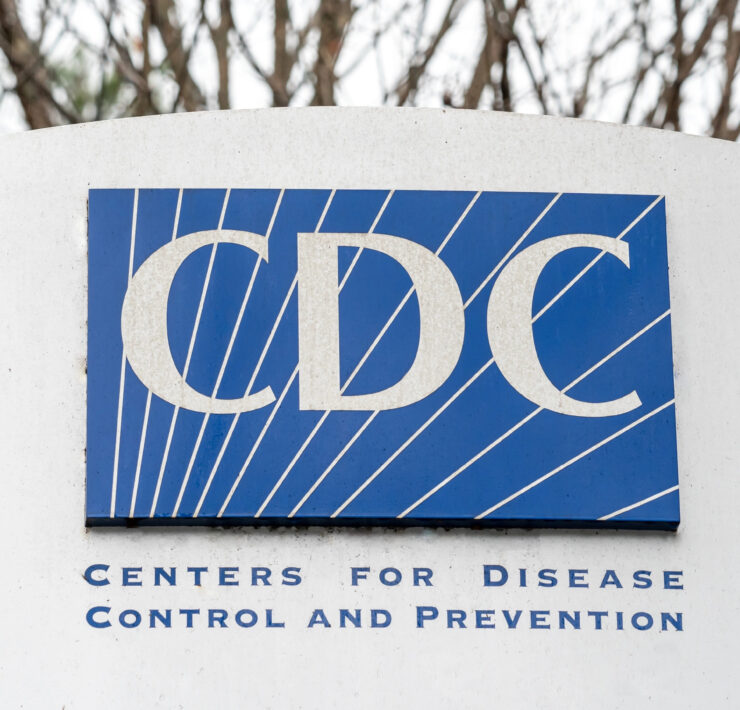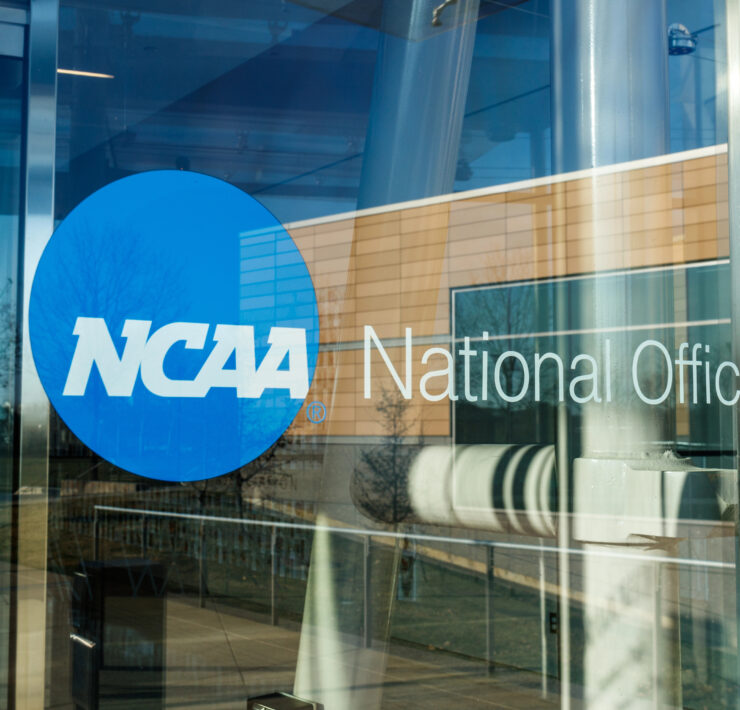More work to be done: organization says real fight starts after repeal of DADT
Out Front contributor Nic Garcia is a lifelong journalist and…
Even before President Barack Obama signed the certification to repeal Don’t Ask Don’t Tell, one of the leading organizations in the repeal effort met in a Denver hotel with its board, Colorado’s Congressional delegation and supporters to strategize its post-repeal game plan.
The Servicemembers Legal Defense Network held one of three of its board meetings at the Magnolia Hotel the weekend of July 15.
Obama certified the repeal July 22, marking Don’t Ask Don’t Tell’s shelf life at 60 days.
SLDN’s Executive Director Aubrey Sarvis said the delay and tug-of-war in the Ninth Circuit was vexing, but understands why the Department of Defense wants to repeal Don’t Ask Don’t Tell its way.
“To the Department of Defense, this hasn’t been a very long process,” he said. “And they want an orderly way of doing it. In their opinion, that process will be more sustainable in the long run and they believe it’s better for the defense department.”
The conservative gay group Log Cabin Republicans brought the court case in the Ninth Circuit.
Sarvis said he’d like to see Don’t Ask Don’t Tell permanently declared unconstitutional by the courts so future congresses can’t resurrect a similar statute. But with Don’t Ask Don’t Tell effectively dead, the higher courts might not take the case.
SLDN suggests active duty service members not come out until after the 60-day period that follows the certification.
Sarvis said three additional steps must be taken to achieve full equality in the military after Don’t Ask Don’t Tell is repealed: Obama must issue an executive order barring discrimination on sexual orientation and gender, restructure Title 10 to establish spousal benefits for gay and lesbian military personnel and have service records of those discharged for being gay amended.
Unlike women and people of color, gays and lesbians are not a protected class, Sarvis said. He hopes Obama issues an executive order, simultaneously with certification, that would change how discrimination complaints are handled in the military. If the administration does not execute the executive order, commanders or the inspector general – not the military employment office – will investigate discrimination complaints.
Sarvis said neither the Department of Defense nor the White House has promised such an order.
Spousal benefits is another area in which SLDN hopes to create change.
“On Day One of open service there will not be equal benefits for legally married gay and lesbian service members,” Sarvis said. “There will be disparity with respect to benefits; the big ones are medical and housing.”
The main roadblock there is Title 10, the federal statute that defines military benefits, Sarvis said.
That’s going to have to be changed by the Congress, Sarvis said.
“My view is we use the model that worked fairly well in the last Congress,” he said. “We need the administration to buy in. We need Secretary (of Defense) Panetta and the Chairman.”
Conversations have already begun with key senators and Democratic leadership, Sarvis said. But any legislation will wait until after certification and after the military’s budget is passed. In reality, if SLDN moves too quickly to legitimize same-sex marriage in the military, a hostile Republican-controlled House could make things more difficult, Sarvis said.
Denver Congresswoman Diana DeGette said she’s on board.
“As Vice-Chair of the LGBT Caucus in Congress I remain committed to not just ending Don’t Ask, Don’t Tell, but to ensuring that the men and women who lay their lives on the line for this country are treated equally regardless of race, sex, gender or sexual orientation,” she said in a statement. “My commitment to this cause does not cease with the end of Don’t Ask, Don’t Tell, and I will continue to stand by our brave men and women until we achieve a real and enduring equality in the military.”
Colorado’s senior senator, Mark Udall, echoed.
“I’m incredibly proud of being able to partner with the Servicemembers Legal Defense Network to successfully achieve their organization’s main mission: the repeal of DADT. They—and the brave troops they represent—are truly on the front lines, and it was their passion and persistence that moved so many in Congress to support the repeal. Although we won a huge victory in passing the repeal, we still have work to do,” Udall said in a statement to Out Front Colorado. “I will continue to use my seat on the Senate Armed Services Committee to fight to see this reform through to the end.”
Lastly, Sarvis said he hopes his organization will be able to reverse the discharge characterization of the 14,000 military personal who were discharged during Don’t Ask Don’t Tell and the anti-homosexual policy before that.
Sarvis said those being discharged for being gay or lesbian are lumped in with others thrown out with criminals or drug offenders.
“We’ll be working with the Defense Department to do that. We’re hoping to get a special board or commission to do just that,” Sarvis said.
What's Your Reaction?
Out Front contributor Nic Garcia is a lifelong journalist and works for Colorado education policy news organization EdNewsColorado. He was an Out Front managing editor, associate publisher and executive editor from 2011 to 2013.










